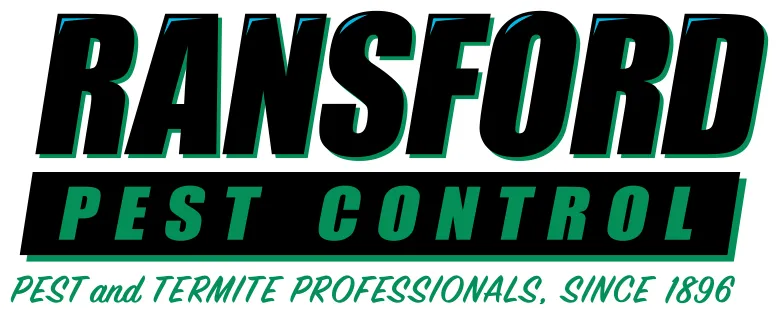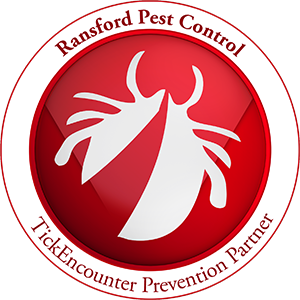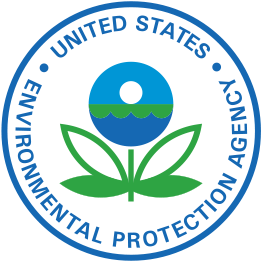Integrated Pest Management Method
Today, we understand how pests and nuisance animals operate within their ecosystems. We understand their breeding seasons, their familial structures, and the animal behavior that drives them this way or that way. We know how the introduction of people into those ecosystems changes this behavior.
We also understand the impacts of certain things like pesticides. Once, they were used indiscriminately. Now, pest control companies know this can be harmful to people and pets. They still have a use, but much more selectively and with safety foremost in mind.
What is Integrated Pest Management?
Integrated Pest Management takes an approach designed not just to remove pests, but to change the environment that attracted the pests in the first place. After all, if we remove pests and they just return the next year because the conditions that attracted them in the first place haven’t changed, has anything actually been solved? Not really; the problem’s just been put off. It’s our goal to remove the problem entirely so that it doesn’t come back.
There are a few steps to this. We have to assess what the pest issue is. If it’s termites, ants, mosquitoes, or cockroaches, these are more insidious pests. In these cases, we need to balance health and environmental risks as a green pest control company and determine a plan that’s both safe for you and your family and efficient in removing the pest. We may still use pesticides, but it’s not our go-to option. What we do use is targeted very specifically and in a way that won’t spread to the rest of your property or house.
These are the philosophies around which green pest control companies like Ransford base their work. We remove your pests, but not at the risk of your family’s health. There are better ways to safeguard you against both pests and pesticides.
The Components of IPM
These are just a few examples. The answer to, “What is Integrated Pest Management?” can be broken into four component parts. IPM can involve:
- Biological Solutions – the classic (if overstated) example is introducing ladybugs to hunt plant-destroying aphids. Selective planting of plants that can deter specific pests from an area is one of many other options.
- Habitual Solutions – changing how and when an area is watered or fertilized can influence pest attraction. This is about adapting your habits in easy ways to better influence the environment.
- Physical Solutions – includes direct removal, such as traps. It includes sealing entries. Mulch and other materials that change the nature of the environment also fall under this category.
- Chemical Control – this is used very selectively, and only in ways that are safe for families, pets, households, and businesses. It includes the use of pesticides and baits.
IPM programs are very useful for solving pest control solutions not just today, but for the future as well. Their integration of a wide variety of sciences, as well as a focus on pest prevention as well as removal, makes it the most effective approach to long-term pest control.
Green Pest Control Services
This isn’t a difficult approach to pest control, but it does take commitment. In some cases, green approaches can actually be more effective in removing pests and keeping them away. Green approaches are often safer for your family and your pets. The Centers for Disease Control estimates that 90 percent of U.S. citizens have a mixture of at least 43 pesticides in their bodies. It makes no sense to add to that number.
Chemical pesticides are too often treated as a first response when dealing with pests. This is dangerous and puts an unnecessary risk on children. Yes, chemical pesticides can be effective in specific situations, but they are not a cure-all for addressing pest control needs. Like cough syrup for the flu, they may alleviate a symptom, but they don’t always address the cause. Instead, what’s needed is what we call Integrated Pest Management.
If you are interested in a company that practices IPM, contact Ransford Pest Control today at 508-556-6206.
Is It Really Better Pest Control?
IPM means better pest control. Wondering why? We design a program that’s tailored to your specific needs. We look carefully at your situation and then devise something right for you. A historic farmhouse next to a wooded area, for example, will have very different pest management needs than a newly built home in a neighborhood in the middle of a town. While you may read about IPM as a way to minimize the use of pesticides, it’s much more than that. Instead, it’s a chance to use several techniques that work best for your home or business. It’s certainly safer pest control, but it’s more effective in many cases, too.
Why You Need It
Integrated pest management is a part of what Ransford Pest Control does. It means that you receive the best in pest handling, so you don’t have to worry about a multitude of issues: whether or not the pests will come back, whether the products used in your home are safe, or how many pesticides are used. When Ransford Pest uses IPM, it’s all business. Our goal is to take care of any pest problem that may be present, all while ensuring that your home remains safe for your family.
If you want the best, then you should contact Ransford Pest Control. We’ve been in business since 1896, and that has given us plenty of time to perfect our IPM system as well as keep a close eye on advancing technologies and smarter ways to keep pests from entering your home and methodologies for keeping them under control. Contact us to learn more and receive a free estimate for your home. We want to help you feel comfortable in your home and will use our integrated pest management to do so.






